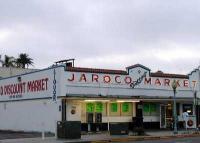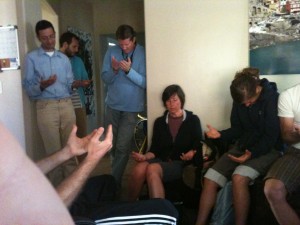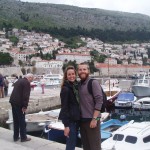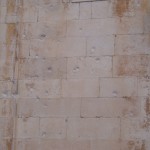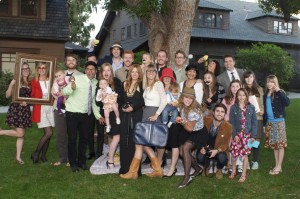
In my last post, I explored why we are to take seriously our role as Good News in our neighborhood. As pilgrims participating in the Mission of God, it isn’t always about going farther around the world; more often it is about going deeper in your current context. In order to be Good News in our neighborhood we have to know the good and bad news of its past/present. The neighborhood must become our classroom.
The faith community I am part of (NieuCommunities – see pic) took this seriously and began to research the story of our neighborhood, Golden Hill. Through interviews, library research and connecting with local businesses, we discovered a dark past that explained much of its current dysfunction and brokenness.
As a neighborhood that received societies unwanted (homeless, addicted, immigrant, etc…), Golden Hill was termed a “dumping ground.” Further, it experienced fatal violence on a regular basis that stemmed from gang activity. Looking through past newspaper archives, it wasn’t uncommon to see 3 or 4 murders in any given week. Largely a symptom of the societal oppression and violent actions of the previous two dysfunctions, domestic violence was rampant as family structures deteriorated in such a volatile environment.
Having been known as “Heroin Hill” as recently as 7 years ago, it was becoming exceedingly clear why Golden Hill has some of the issues it does today. To be Good News in this neighborhood, we are called to step into the dysfunction with the transforming hope of Jesus.
But we are not alone. Through the history of Golden Hill, there were individuals and organizations that didn’t give up on being Good News in their neighborhood. They chose to be seeds of hope in a field of brokenness. Resilient citizens that started half-way homes for those that filled the “dumping ground.” Community centers and urban farms for the members of broken families. Instead of painting over gang graffiti with white paint, they hired artist to paint murals that told the story of the neighborhood. As a band of Jesus followers who are shaped by God’s Mission of redemption and restoration, we simply join in the chorus of Good News that is already playing in Golden Hill.
Our neighbors across the street are a sweet older couple who have lived in Golden Hill for 13 years. They are Jewish atheists and are fascinated by our community of Jesus followers who have moved into the neighborhood. Over a recent meal with them, and a handful of other neighbors, they said, “There’s something different about you guys. We used to have great community here in Golden Hill, but it’s been awhile. I think it’s coming back.”
I pray they saw the Good News.
What if every Christian viewed their neighborhood or suburb as a classroom? What if we all began grassroots movements of community engagement with the Good News of Jesus? What does this mean for the Church and how do we mobilize such movements?
